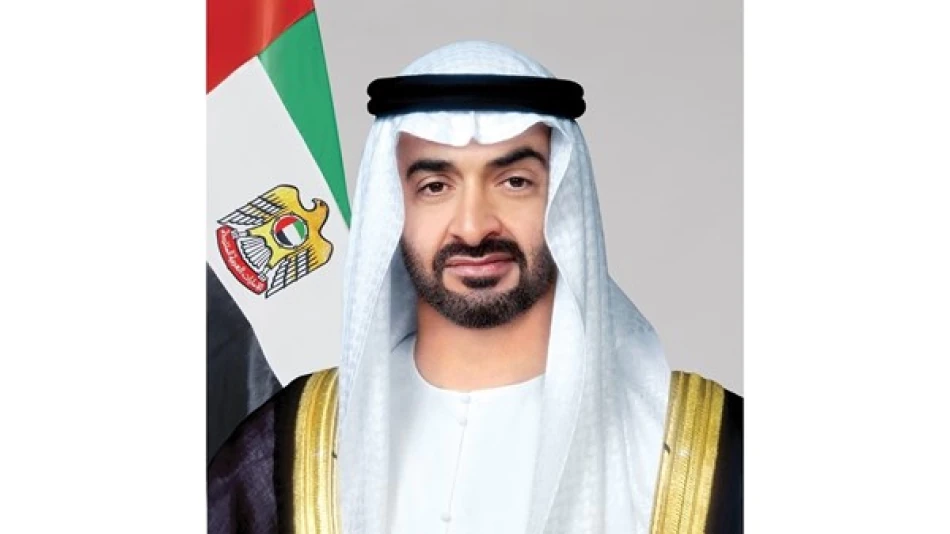
State Leader and Bahrain King Discuss Bilateral Relations and Regional Developments
UAE and Bahrain Strengthen Gulf Unity Amid Regional Tensions
UAE President Sheikh Mohammed bin Zayed Al Nahyan and Bahrain's King Hamad bin Isa Al Khalifa held high-level talks in Manama, reinforcing bilateral cooperation while jointly condemning Israeli aggression against Qatar. The meeting underscores the Gulf states' efforts to present a unified front amid escalating regional tensions and signals a potential shift in diplomatic alignments within the GCC.
Strategic Partnership Takes Center Stage
The fraternal meeting at Al Sakhir Palace focused heavily on expanding cooperation across development sectors, with both leaders emphasizing their commitment to mutual prosperity. This emphasis on economic collaboration comes at a crucial time as Gulf states diversify their economies away from oil dependency through ambitious Vision 2030-style programs.
The UAE-Bahrain partnership has historically been one of the strongest within the Gulf Cooperation Council, with both nations often aligning on foreign policy positions and economic initiatives. Bahrain's smaller economy frequently benefits from UAE investment and expertise, particularly in financial services and tourism sectors.
Unified Stance Against Israeli Actions
Regional Security Concerns Mount
Both leaders issued a joint condemnation of what they termed Israeli aggression against Qatar, describing it as a "flagrant violation of sovereignty" and a breach of international law. This unified position is particularly significant given the complex web of relationships within the region following the Abraham Accords.
The statement represents a careful balancing act for both nations, which maintain normalized relations with Israel while simultaneously affirming solidarity with fellow Gulf state Qatar. This diplomatic positioning suggests Gulf leaders are prioritizing regional stability over individual bilateral relationships when core sovereignty issues are at stake.
Implications for Gulf Unity
The joint condemnation signals a potential strengthening of intra-GCC solidarity after years of division, particularly following the 2017-2021 Qatar blockade that saw the UAE and Bahrain aligned against Doha. The current unified stance suggests these nations are willing to set aside past grievances when faced with external threats to regional sovereignty.
Market and Investment Perspective
For investors and regional markets, this diplomatic alignment carries significant implications. Enhanced UAE-Bahrain cooperation could accelerate cross-border investment flows, particularly in Bahrain's financial sector where UAE banks and investment firms have substantial interests.
The joint stance on regional security also provides greater certainty for long-term infrastructure and development projects, as coordinated foreign policy reduces the risk of sudden diplomatic shifts that could impact business relationships.
Regional Context and Future Outlook
This meeting occurs against a backdrop of broader regional realignments, with Gulf states increasingly asserting independent foreign policy positions while maintaining strategic partnerships with global powers. The emphasis on "fraternal consultation" amid regional developments suggests both nations view coordination as essential for navigating complex geopolitical challenges.
The high-level delegations present at the meeting, including key ministers and royal family members from both sides, indicate the discussions likely covered substantive policy coordination beyond diplomatic pleasantries. Such comprehensive representation typically signals concrete agreements or initiatives in development.
As Gulf states continue balancing relationships with various global and regional powers, the UAE-Bahrain partnership appears positioned to serve as a stabilizing force within the GCC, potentially influencing broader regional diplomatic trends through their coordinated approach to emerging challenges.
Most Viewed News

 Layla Al Mansoori
Layla Al Mansoori






